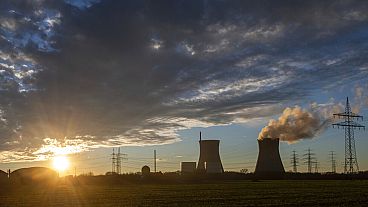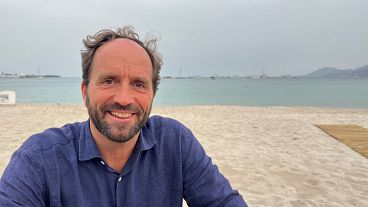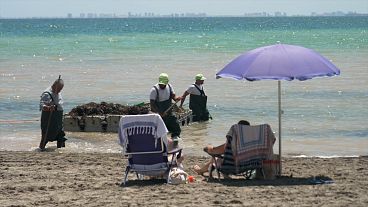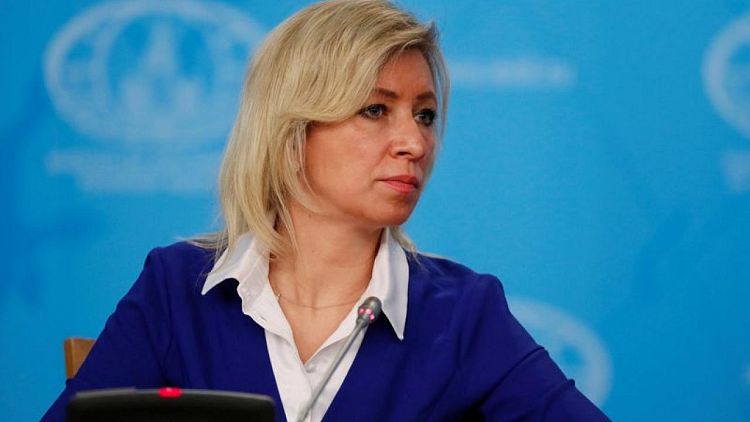LONDON - Russia demanded on Wednesday that the United States explain to the world why it had supported what Moscow cast as a military biological programme in Ukraine.
Foreign ministry spokeswoman Maria Zakharova demanded transparency from Washington over the allegation, which is denied by Kyiv and which a Pentagon spokesman has described as absurd.
"We confirm facts, unearthed as part of the special military operations, which testify to an emergency attempt to erase evidence of military biological programmes," Zakharova told reporters.
"We are not talking here about peaceful uses or scientific goals," Zakharova said. "What were you up to there?"
"These (programmes) were financed by the U.S. Department of Defence."
In response to earlier Russian allegations about the purported military biological programme in Ukraine, a Pentagon spokesman said on Tuesday: "This absurd Russian misinformation is patently false".
A Ukrainian presidential spokesperson said: "Ukraine strictly denies any such allegation".
At her briefing, Zakharova said: "The U.S. Defence Department and the presidential administration of the United States are obliged to officially explain to the global community, officially, not through talking heads, about the programmes in Ukraine.
"We demand details," she said. "We demand and the world awaits."












